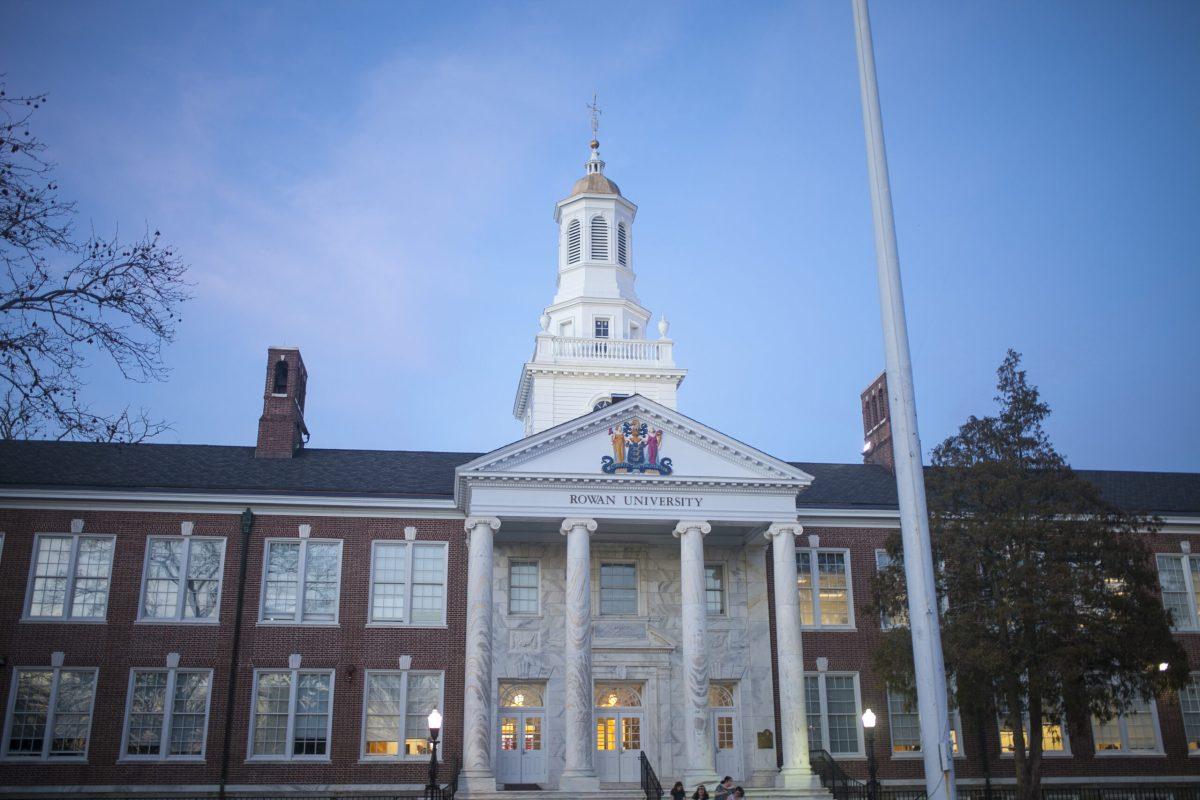In light of recent developments regarding the spread of COVID-19, Rowan University has extended spring break an extra week and alerted professors to begin preparing to teach courses online if needed, according to an email sent to faculty and staff on Monday, March 9.
While no one in the Rowan community has tested positive for the disease, the administration is now forming a contingency plan if a case does arrive. Students should plan to return to class on Monday, March 30.
“We now are preparing for the possibility that academic operations may be disrupted, including students’ ability to attend class in person,” the email from Rowan University Provost Tony Lowman and Rowan University Senate President Bill Friend read. “All faculty should immediately begin developing a course-continuity plan that will allow you to instruct students online should you be unable to meet in person for an indefinite period of time.”
The number of confirmed cases of COVID-19 within the United States has risen in recent weeks with 604 cases total, according to the John Hopkins Center for Systems Science and Engineering. As of Monday, March 9, the state of New Jersey is reporting 11 cases of COVID-19, according to NJ Health Commissioner Judith Persichilli.
“Although we are extending spring break a week, we are not extending the semester. The University will remain open and operations will continue as usual,” the email stated. “The Emergency Operations Team, however, is evaluating upcoming events and will offer guidance later this week on social-distancing practices, including the possible cancellation of meetings and events.”
This move is in line with other schools, universities and colleges who have adjusted their schedules in order to limit the spread of the virus. As of Monday, Princeton and Columbia University announced new policies in light of the virus’ rapid spread. Columbia cancelled classes on Monday and Tuesday, while changing their courses to a remote learning format, after a community member tested positive for the disease. Princeton University, on the other hand, will begin online classes on March 23 and will limit the number of large gatherings on campus. Princeton’s restrictions will stay in place until April 5, at least.
Information about COVID-19’s spread within the United States has been difficult to track given the federal government’s lack of transparency regarding testing. According to The Atlantic’s investigation of local testing data from all 50 states, fewer than 2,000 people had been tested as of March 6. Additionally, The Whit’s own reporting has found that individuals returning from Italy, a country with the second-most confirmed cases in the world, had not been tested upon readmittance into the country.
UPDATE: Rowan University’s Vice President for Media Relations Joe Cardona has sent out a follow-up email, further explaining the school’s decision making.
“At this time no decision has been made to move in-person courses online after the extended spring break, we will be able to do so if needed,” Joe Cardona said in the email. “We understand that news about COVID-19 and the precautionary measures the University is taking can be stressful for some individuals. Whether it’s for mental or physical health concerns, students should request accommodations of their professors. We want to thank everyone for their patience and cooperation. We as a university will continue to work on our contingency plans with the goal of finishing the semester strong.”
For comments/questions about this story, email [email protected] or tweet @TheWhitOnline.



































































































































































































